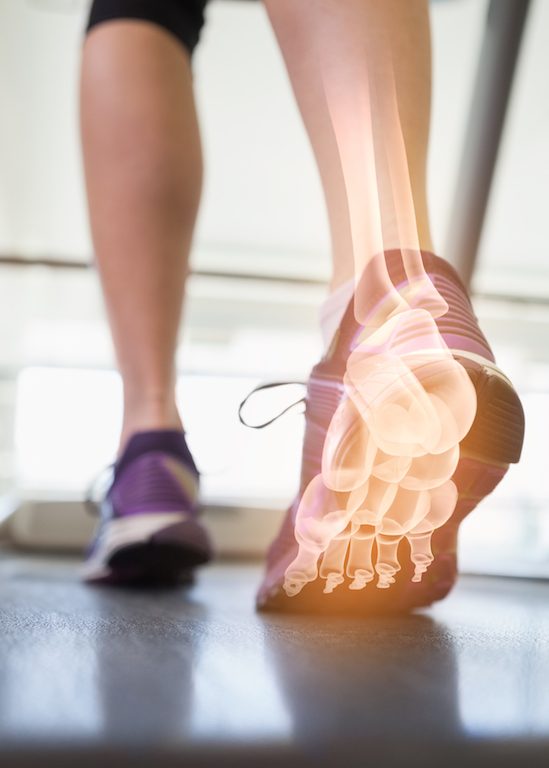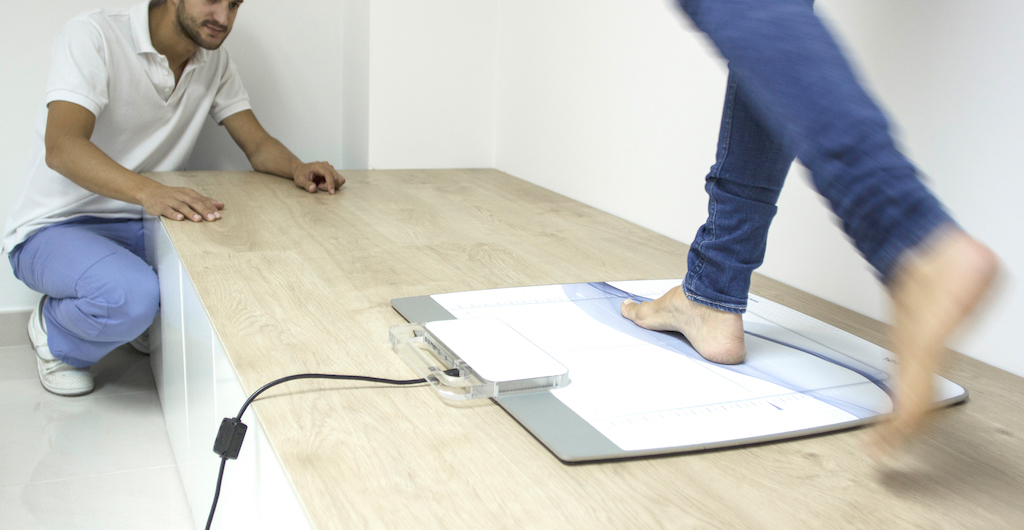
Do you suffer from morning heel pain? Is your new year’s resolution to get into more exercise is being held back by painful feet?
The pain of plantar fasciitis affects up to 10% of the population. Typically presents as very sharp and painful heels when taking the first few steps in the morning or if you have been sitting down for a long while and will usually subside when you have been walking for a little bit.
Who plantar fasciitis typically affects
- People with very flat feet or very arched feet
- People with tight calves
- Those who are new to exercise, or are over-exercising
- Those who work very active jobs
- Those who spend a long amount of time on their feet especially on hard surfaces such as hairdressers
The plantar fascia is a thick fibrous band, which runs along the bottom of the foot, connecting the heel to the balls of your foot, and is responsible for creating the arch in your feet. Overuse can put additional stress on this band causing pain and inflammation.
Previously solutions have primarily been orthoses and stretches, although these solutions often have very conflicting literature supporting their use.1,2 At Brunswick Health we can offer a great variety of treatment options if you still haven’t been able to cure your heel pain, ranging from strapping and taping, dry needling and trigger point therapy, footwear modifications and we are now offering shockwave therapy.
More recently shockwave therapy has been shown to have great results for both chronic and acute plantar fasciitis with long-term pain relief in 82%+ with very low recurrence after 6 years. Further research has shown greater outcomes than steroid injections, with no reported complications on long-term follow-ups.
How we approach Plantar Fasciitis and Heel pain
- Pain relief – after an assessment we will be discussing how to get pain relief, this can be through manual shock wave therapy soft tissue therapy, strapping and dry needling.
- Assessment of the lower limb biomechanics and how your foot functions. Often there is a degree of a structural change that can be corrected facilitating healing. This can be supported with taping and support, or potentially orthotics. Further imaging with either ultrasound or x-ray may be indicated to ensure the correct diagnosis.
- Treatment, we will have a conversation about the wide selection of treatment options available, this can range from supportive footwear and orthotics, dry needling, soft tissue therapy, shock wave therapy, and an exercise regime.
At Brunswick health when managing your heel pain we will do everything we can to determine the underlying cause of the heel pain and do all we can to ensure you’re walking pain-free again.
If the pain of plantar fasciitis is keeping you from achieving your goals, then see us at Brunswick Health to get you back on your feet.
